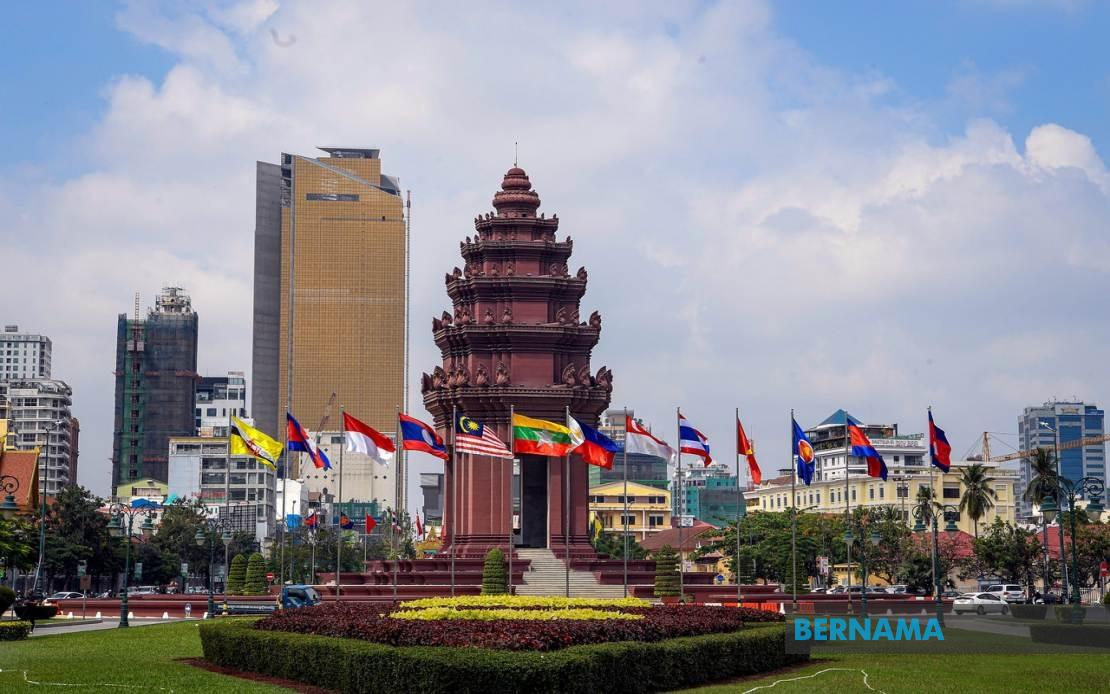

Cambodia is setting ambitious goals for its economic and infrastructure development as it aims to transition into an upper-middle-income economy by 2030 and achieve higher-income status by 2050. The government has outlined several initiatives, including the elimination of malaria and HIV/AIDS, and a commitment to being mine-free by 2025. Additionally, the completion of land registration is targeted for 2025, with distribution to citizens expected by 2027. This comprehensive approach is crucial as the country anticipates the creation of 235,000 jobs annually until 2026 to accommodate a growing population projected to reach 17 million [7257beb4].
Infrastructure development is a key focus for Prime Minister Hun Manet, who is spearheading significant projects such as the RM 1.7 billion Funan Techo Canal and the US$1.2 billion Techo International Airport, both expected to be commissioned by mid-2025. These projects are part of a broader plan that includes 174 initiatives aimed at improving the transport network, with a total investment of approximately US$36.6 billion [7257beb4].
In addition to these infrastructure plans, Cambodia is also looking to boost its tourism sector, targeting 6.4 million international tourists for the upcoming year. The Asian Development Bank has forecasted a robust economic growth rate of 6% for 2025, indicating a positive outlook for the nation as it embarks on these ambitious projects [7257beb4].
Meanwhile, India's Ministry of Road Transport and Highways is also ramping up its infrastructure development efforts, planning to award projects worth Rs 3 trillion (approximately $40 billion) within the next three months. These projects will focus on constructing highways, bridges, and tunnels, aimed at reviving the economy and creating job opportunities in the wake of the COVID-19 pandemic. Minister Nitin Gadkari has stressed the importance of using locally-made materials, reinforcing the government's commitment to domestic industries [20b40487].
Both Cambodia and India are prioritizing infrastructure as a means to stimulate economic growth and improve the quality of life for their citizens. While Cambodia's focus is on extensive transport network improvements and tourism, India's initiatives are geared towards enhancing connectivity through highways and bridges. As both nations move forward with their plans, ensuring governance, transparency, and environmental sustainability will be critical to their success [79941490] [20b40487].